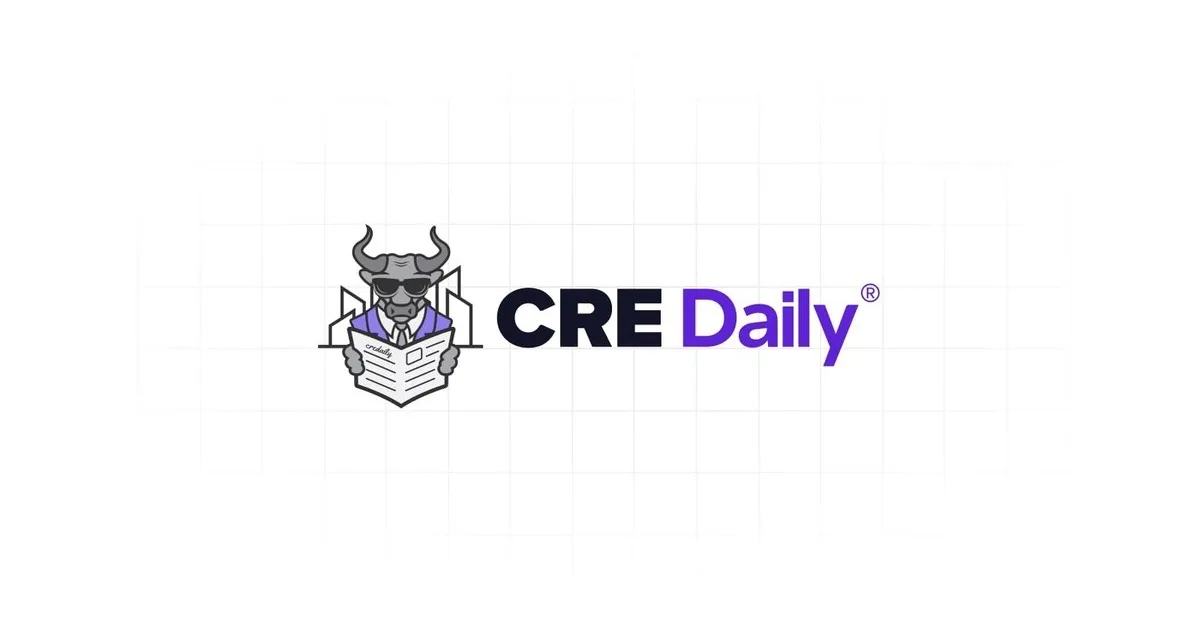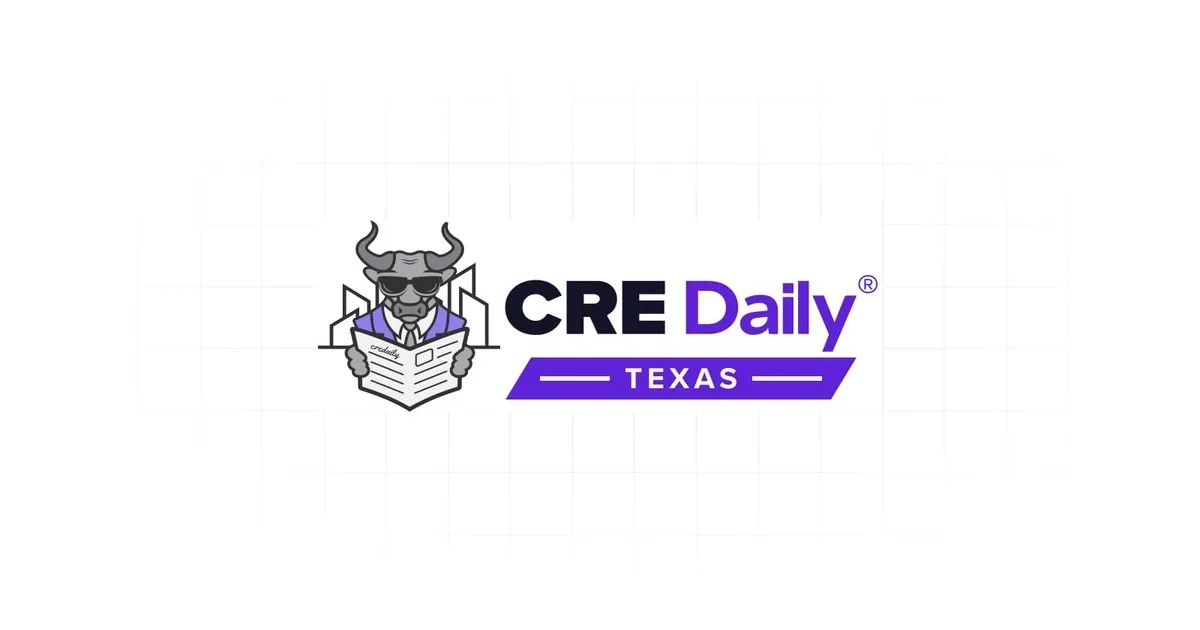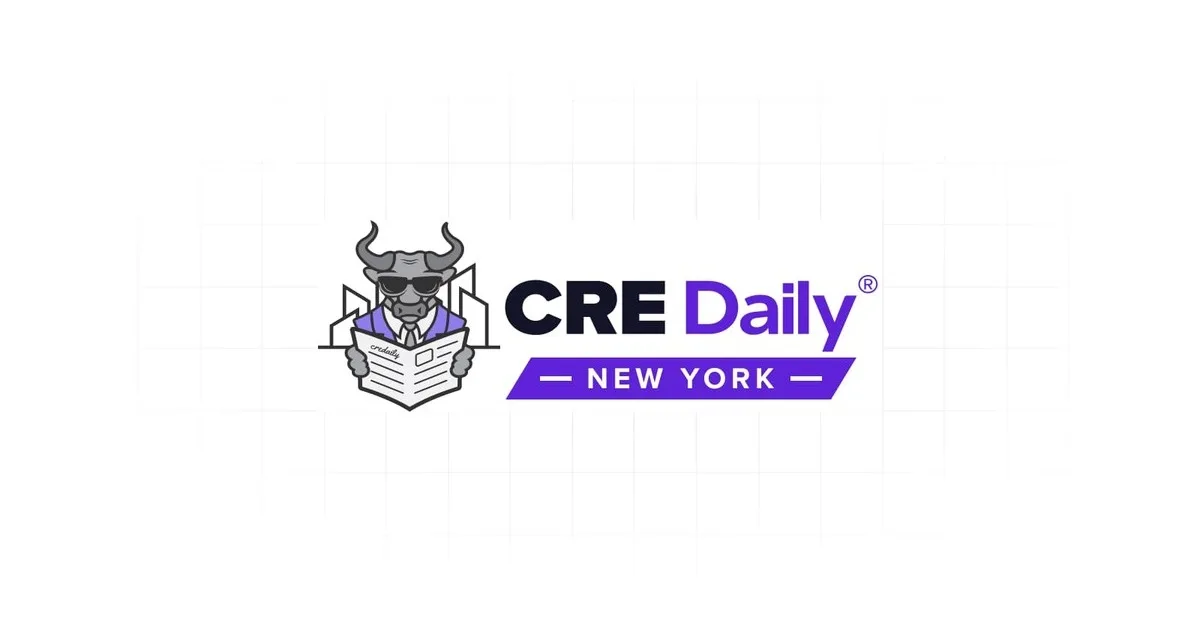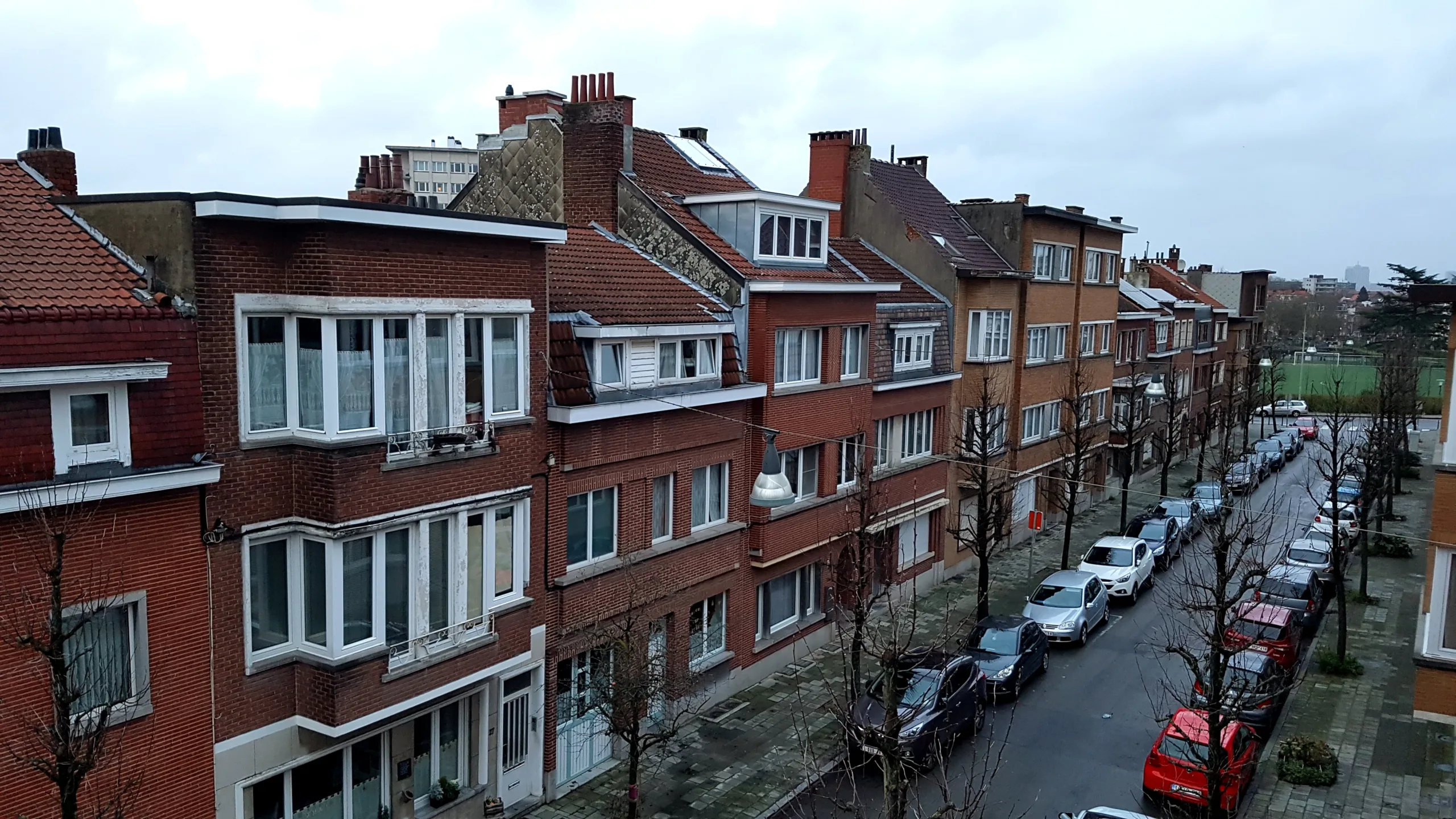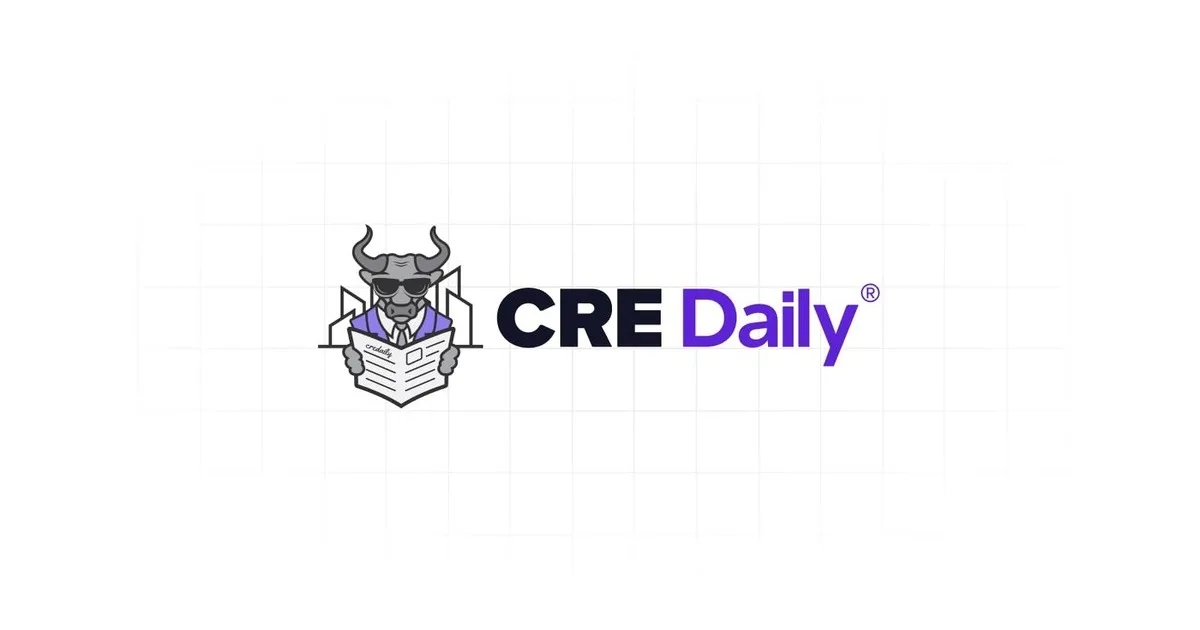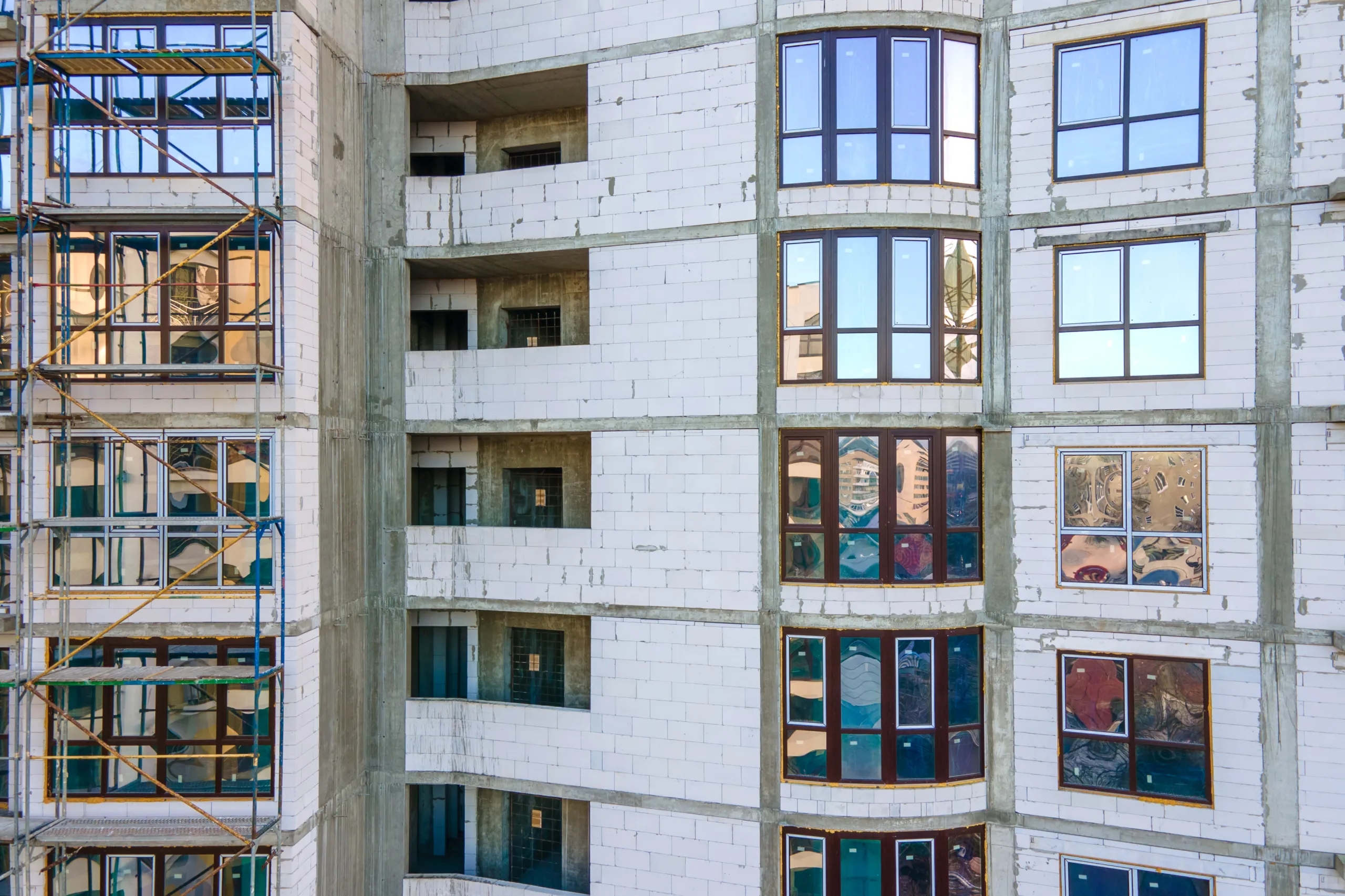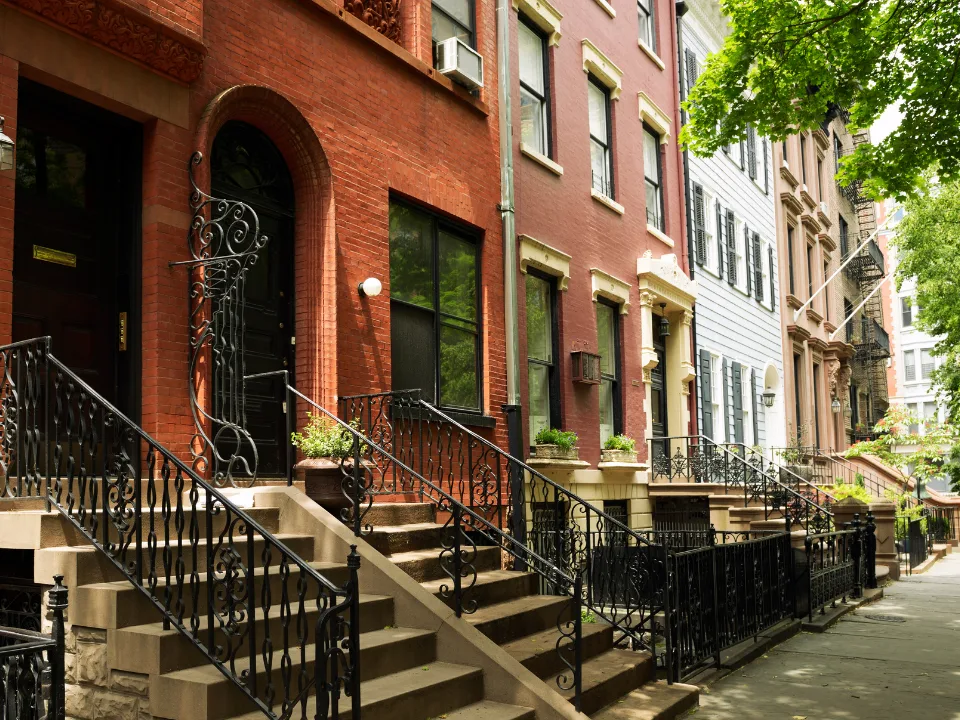- A group of New York-based investors allegedly orchestrated a $100M real estate scheme involving hundreds of homes in Baltimore, many now in foreclosure.
- The group used DSCR (Debt Service Coverage Ratio) loans to buy properties in bulk, largely in Black neighborhoods, based on projected—not actual—rental income.
- Over half of the homes are now in default, raising concerns about tenant displacement, local property values, and investor trust in the Baltimore market.
Foreclosure Fallout Unfolds In Baltimore
Baltimore is grappling with a sudden wave of foreclosures, reports Realtor.com. The crisis is tied to an alleged real estate scam involving more than 700 homes. The properties were purchased by out-of-state investors. At the center of the controversy is EGBE Ventures and a network of related companies linked to Eluzer Gold and Benjamin Eidlisz, low-profile investors from Spring Valley, NY.
According to reporting from The Baltimore Banner, the group financed the acquisitions with approximately $100M in DSCR loans. These loans are a type of financing that relies on projected rental income. Unlike traditional mortgages, they do not require standard income verification. Now, as loans go unpaid and properties fall into neglect, the local market is feeling the impact.
The Numbers Behind The Crisis
Over 50% of the homes tied to the investment group are now in foreclosure. The surge has pushed overall foreclosure activity in Baltimore up 26% quarter-over-quarter, and 11% higher than the same period last year, per data from ATTOM.
Lenders—many of them private firms specializing in short-term, high-interest loans—now face mounting losses. Meanwhile, renters living in affected properties face uncertainty as foreclosures play out, often with little warning or recourse.
Get Smarter about what matters in CRE
Stay ahead of trends in commercial real estate with CRE Daily – the free newsletter delivering everything you need to start your day in just 5-minutes
City And State Officials Respond
Maryland’s Secretary of Housing and Community Development, Jake Day, labeled the operation a “predatory scheme” but stressed it doesn’t reflect broader investment trends in the city. Day said his department is working with local partners to monitor the fallout and identify opportunities to repurpose or rehabilitate foreclosed homes.
“This situation won’t derail our long-term plan to eliminate vacancy in Baltimore,” Day said in a statement.
Industry Insight: A Sophisticated Scam
Pete Mills of the Mortgage Bankers Association emphasized that the situation represents real estate—not mortgage—fraud. He pointed to manipulated appraisals and compromised title processes as key components of how the scheme bypassed traditional safeguards.
“Lenders and tenants are both victims here,” Mills said, adding that the usual checks and balances were intentionally subverted by actors within the transaction chain.
Why It Matters
The case highlights regulatory gaps in private lending and bulk real estate acquisitions. These gaps can destabilize vulnerable housing markets. Many of the affected properties were concentrated in historically Black neighborhoods. This raises concerns about predatory investment patterns in underserved communities.
What’s Ahead
Local and state agencies now face a surge of distressed properties. They are working to protect both tenants and neighborhoods from further decline. At the same time, the broader real estate industry may need to reassess its risk controls. That includes tightening oversight of DSCR loans and large-scale investor activity.

